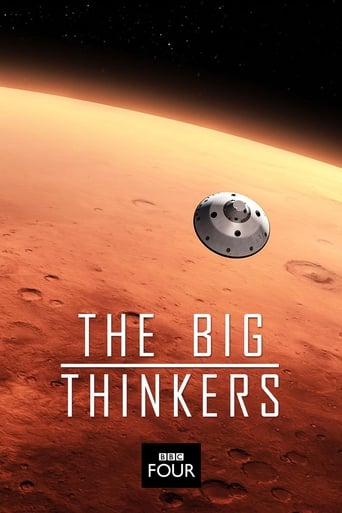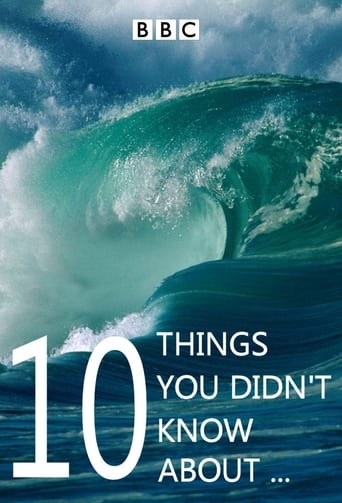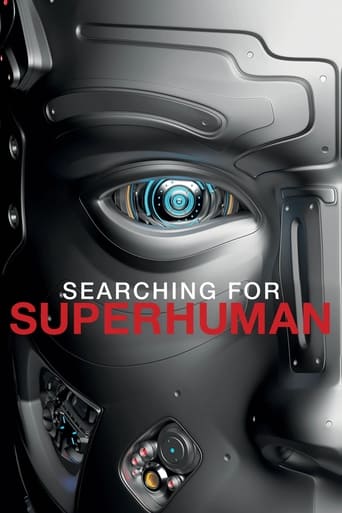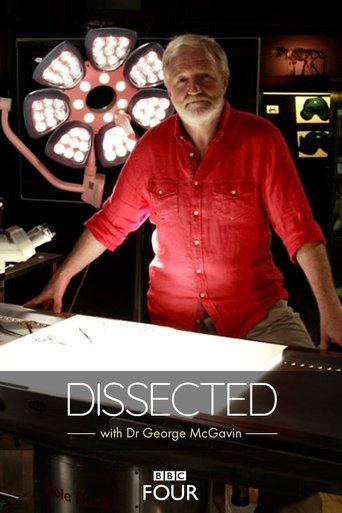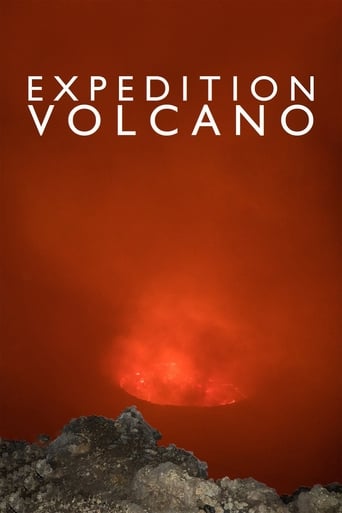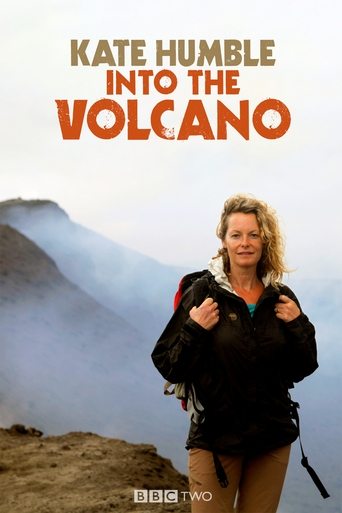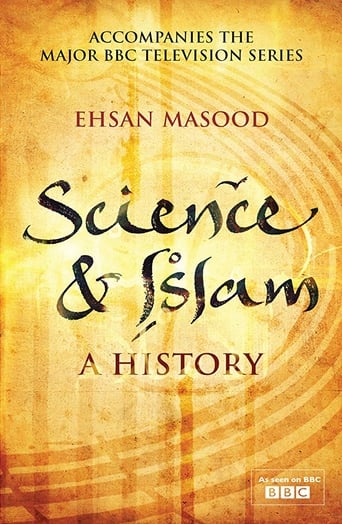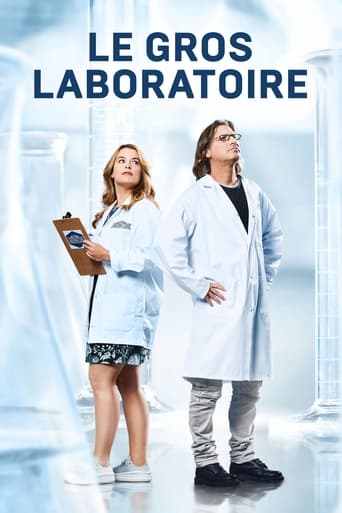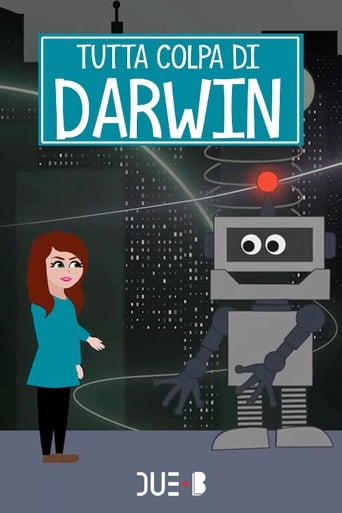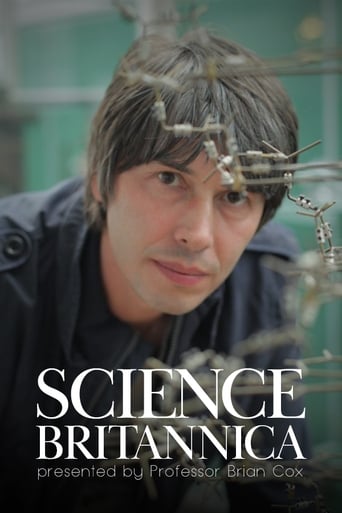
Frankenstein's Monsters
Professor Cox grapples with science's darker side, asking why, when science has done so much for us, it often gets such a bad press. Starting with the original Frankenstein - the grisly 19th century tale of George Foster's hanging and subsequent 'electrocution', Brian confronts the idea that science can go 'too far'. From the nuclear bomb to genetic modification, British science has always been at the cutting edge of discovery, but are British scientists feckless meddlers, or misunderstood visionaries whose gifts to humanity are corrupted by the unscrupulous?
Country: GB
Language: En
Runtime: 60
Season 1:
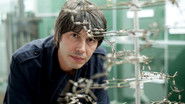
Professor Cox grapples with science's darker side, asking why, when science has done so much for us, it often gets such a bad press. Starting with the original Frankenstein - the grisly 19th century tale of George Foster's hanging and subsequent 'electrocution', Brian confronts the idea that science can go 'too far'. From the nuclear bomb to genetic modification, British science has always been at the cutting edge of discovery, but are British scientists feckless meddlers, or misunderstood visionaries whose gifts to humanity are corrupted by the unscrupulous?
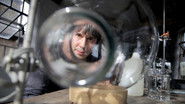
Professor Brian Cox celebrates Britain's pivotal role in creating modern science. From performing Isaac Newton's iconic light experiment, to meeting a wartime code breaker and making hydrogen explosions, Professor Cox leads us through 300 years of British history, introducing us to the obsessive, eccentric, visionary characters who dragged us into the modern world by developing a powerful new way to investigate nature
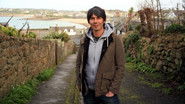
Professor Brian Cox guides viewers through 350 years of British science to reveal what science really is, who the people are who practise it, and how it is inextricably linked to the past, present and future of each and every one of us. British science has a long track record of accidental discoveries improving our lot. Wondering why the sky is blue helped British scientists crack bacterial infection, whilst looking for a way to make quinine helped make our world a much more colourful place, as it led to the discovery of the first synthetic organic dye. But is this the best way to carry on?



